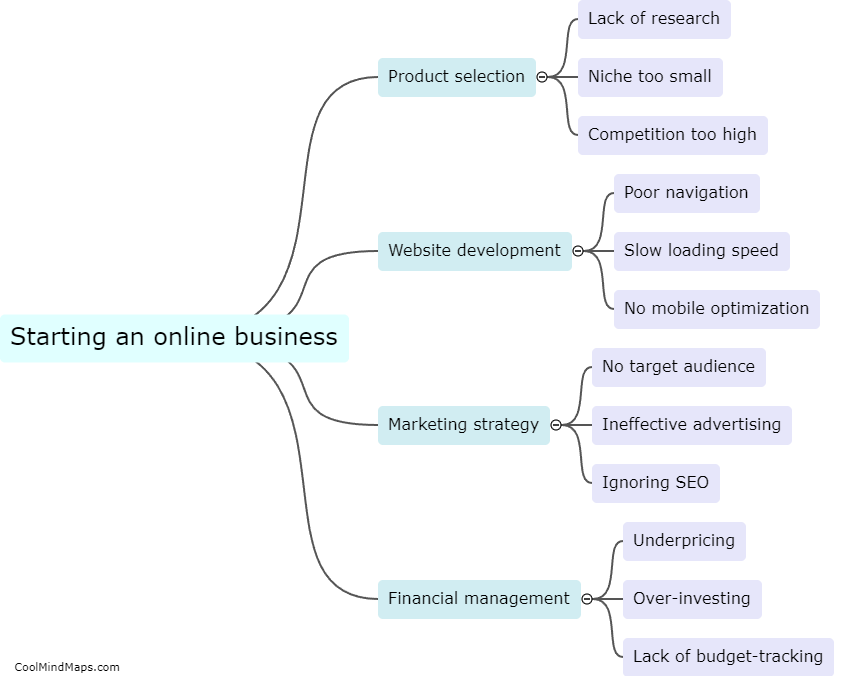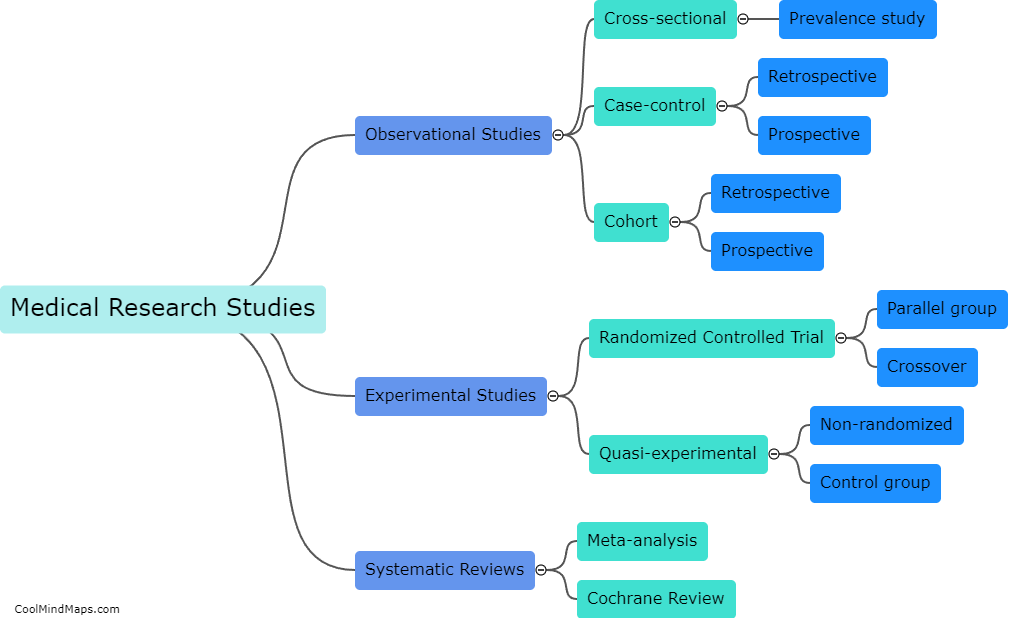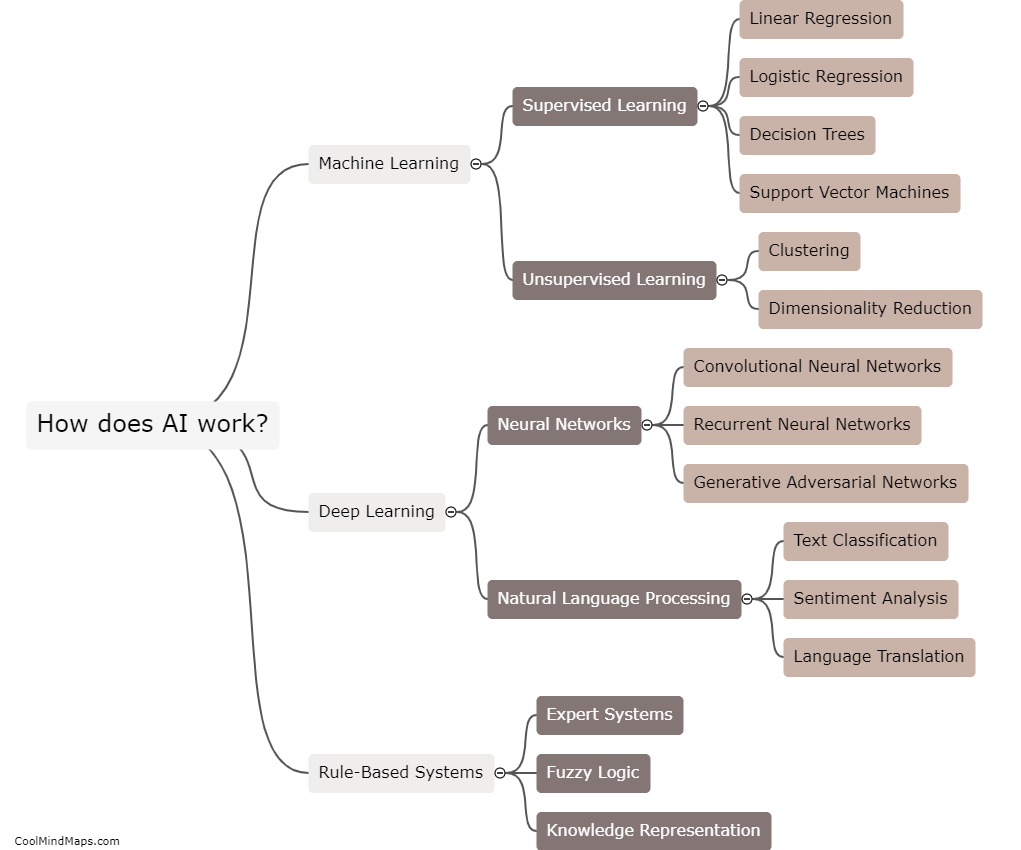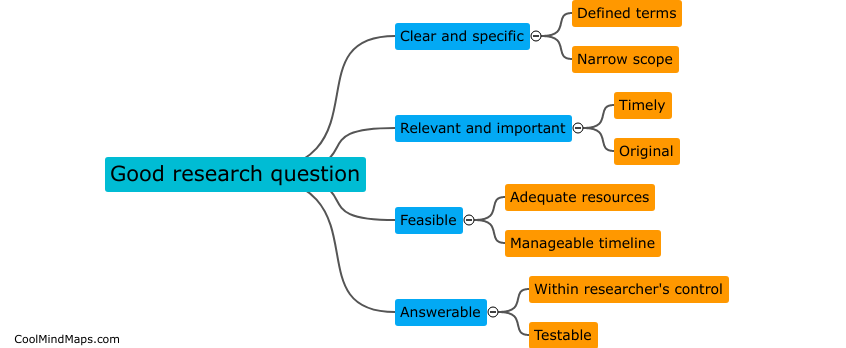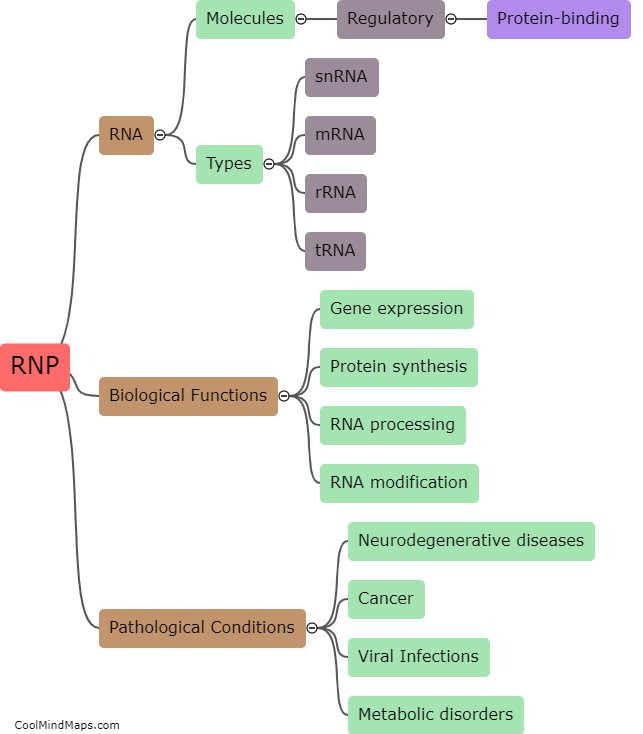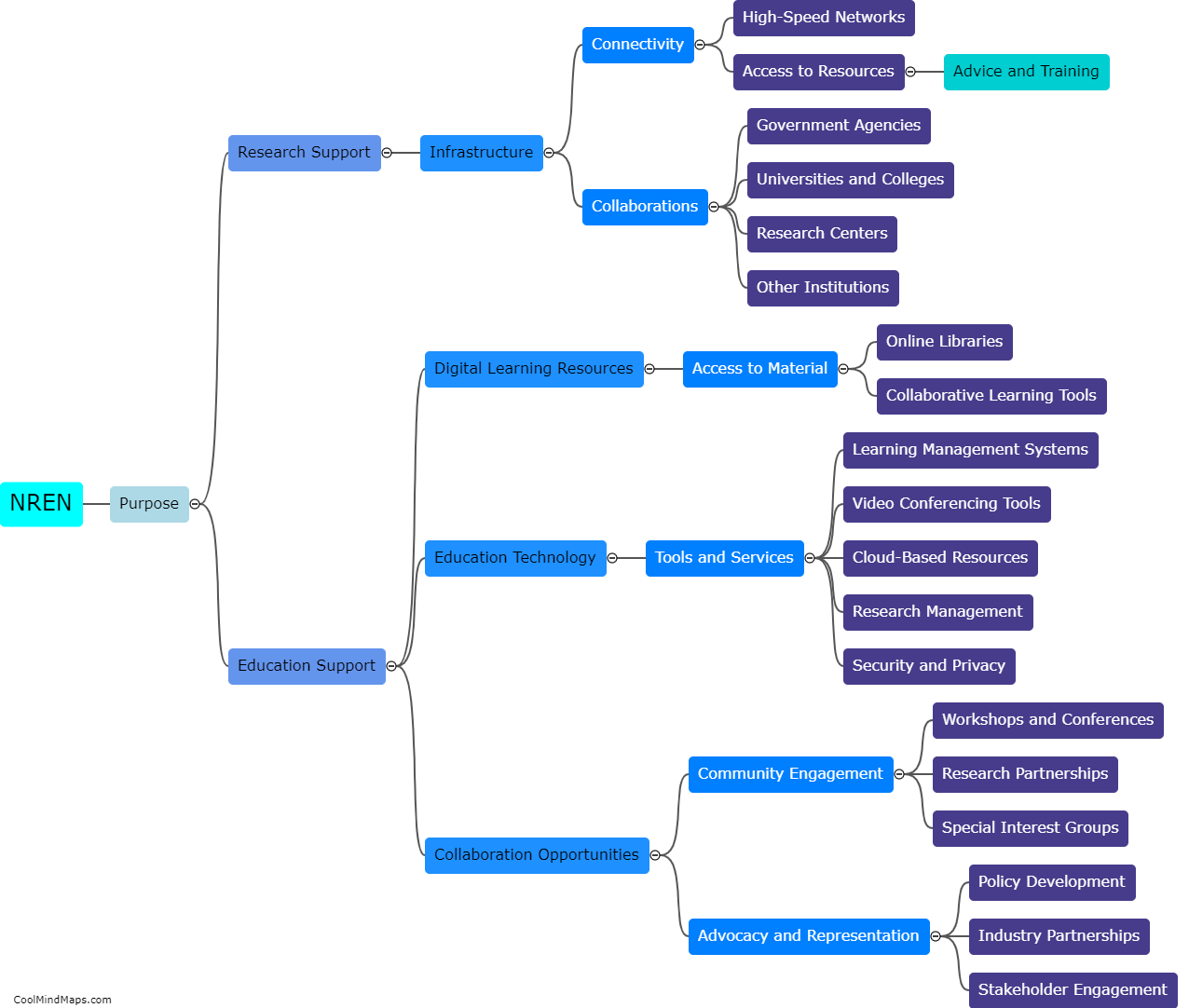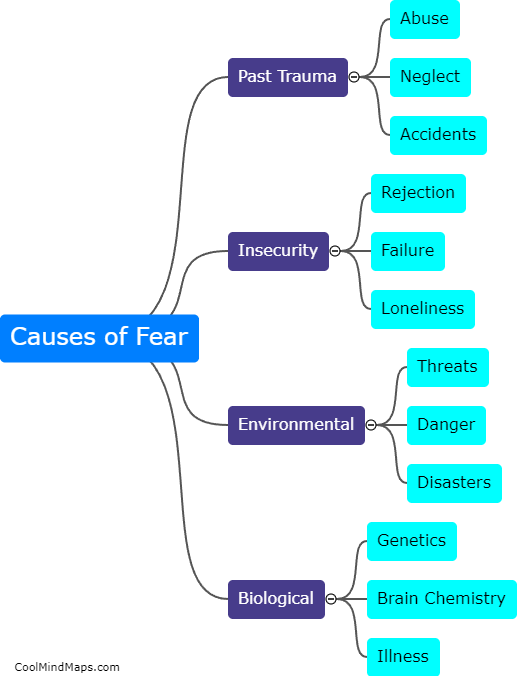What are the advantages and disadvantages of various study designs?
Different study designs have their own advantages and disadvantages. For instance, randomized controlled trials (RCTs) can provide higher levels of evidence as they control for potential confounding factors, but they can be ethically and practically challenging to implement. Observational studies, on the other hand, are more feasible and economical, but they face issues of bias and limited control over confounding variables. Cohort studies follow a group of individuals over time, allowing for the examination of long-term effects, but they can be expensive and impractical for rare outcomes. Case-control studies are useful in investigating rare outcomes, but they are susceptible to recall bias. Each study design has its own merits and limitations, and the choice of study design ultimately depends on the research question and available resources.

This mind map was published on 16 May 2023 and has been viewed 190 times.

